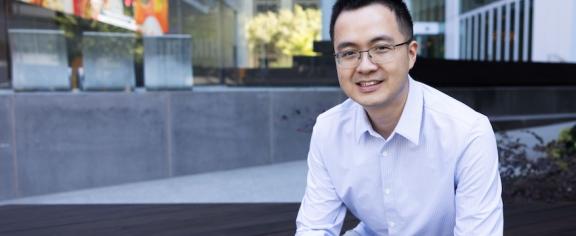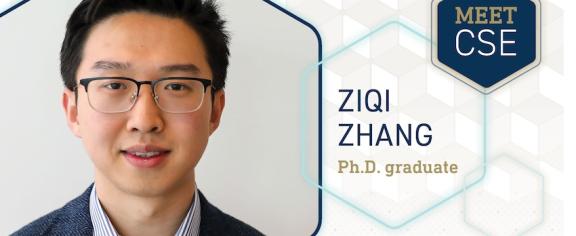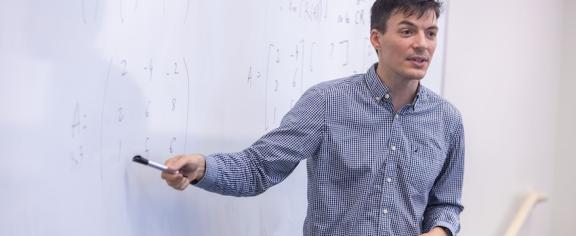2025-11-03
The College of Computing named Professor Rich Vuduc as director of the Center for Scientific Software Engineering (CSSE). The Georgia Tech hub is dedicated to building reliable, high-performance software for scientists.
2025-12-10
Yunan Luo is the recipient of an NSF Faculty Early Career Development (CAREER) award to use artificial intelligence to solve the protein annotation inequality problem.
2025-12-11
Ph.D. graduate Ziqi Zhang will join the Class of 2025 in walking across the stage, receiving diplomas, and graduating from Georgia Tech.
2025-10-06
Assistant Professor Raphaël Pestourie has earned back-to-back selections to the Institute’s Course Instructor Opinion Survey (CIOS) honor roll, placing him among the top-ranked teachers for Fall 2024 and Spring 2025.
2025-09-11
Nexus is Georgia Tech’s next-generation supercomputer, replacing the HIVE.
2025-05-20
A team of Computing students has developed a digital intake system for the U.S. Army, which is set to be implemented as early as next month, transforming a time-consuming, paper-based process into an efficient, modern platform.
2025-05-15
Ayush Karupakula, a second-year computer science student (CS), has secured $500,000 in pre-seed funding from Y Combinator (YC) for Tropir, a startup that helps developers trace and debug failures in large language model (LLM) pipelines.
2025-05-08
Holly Rush has worked at Georgia Tech since 2000. Her employment influenced her son, Andrew, to attend the Institute and study computer engineering.
2025-04-24
A Georgia Tech doctoral student’s dissertation could help physicians diagnose neuropsychiatric disorders, including schizophrenia, autism, and Alzheimer’s disease.
2025-04-28
For Tai’Re Barashango, the journey toward computer science (CS) began early, sparked by Lego Mindstorms, a curious mind, and inspiration from his father.









